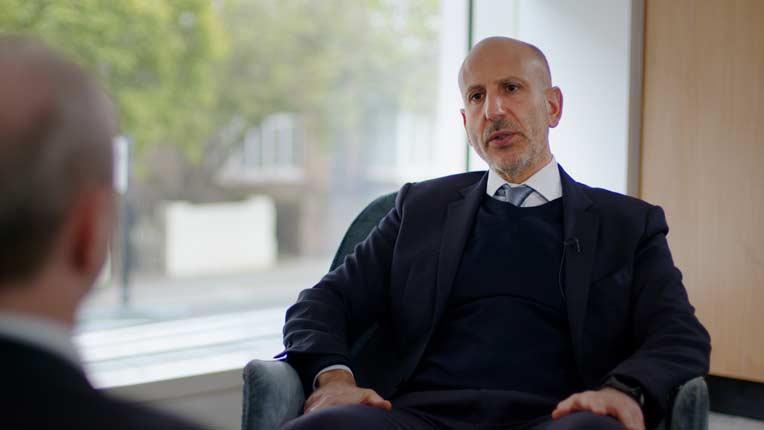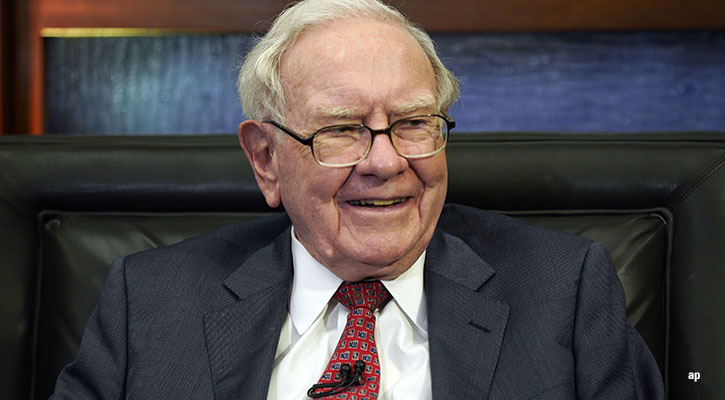Are ETFs Always Better than Funds?
Jim Wiandt, the publisher of the Journal of I
ndexes and the Web site IndexUniverse.com, bluntly suggested that ETFs are "simply a better mousetrap" than the open-ended fund structure. He furthered his attack on the fund establishment by asserting that the true obstacle preventing an ever-more rapid adoption of exchange-traded products is a vast conspiracy, aligned by economic interests, among the established fund companies. He argued that these companies have both the financial and political clout to block ETF legislation that would bring down the last remaining barriers to widespread adoption of the funds.
Wiandt on Key Advantages of ETFs
Amid the rhetoric, Wiandt brought up some very good points. The number of ETF issuances and their widespread use by all types of investors--from speculative hedge funds down to diehard indexers--since 2002 has exceeded the expectations of most industry participants. In many aspects, ETFs are indeed a better investment vehicle. The comparatively lower fees, fluidity of trades, and structured prevention of style-drift make ETFs the leading candidate for many investors. Should like-minded investors and the fund companies themselves rally behind Wiandt's quest for change, ETFs may one day become the vehicle of choice for active managers and investors making regular contributions into their pension plans, which remain areas where open-ended mutual funds remain the vehicle of choice. Make no mistake that Morningstar would indeed support any industry changes that would enhance the investor experience by lowering fees and enhancing competition across the entire fund landscape.
Use Funds and ETFs Together to Construct a Portfolio
Curiously, Wiandt's main adversary at the conference was none other than a panelist whose livelihood comes from developing exchange-traded products, Noel Archard, the head of product development for the U.S. iShares group--a division of Barclays Global. Archard recognizes that certain obstacles will likely persist that will prevent the death of the open-ended structure anytime soon, if at all, and he advocates the use of both structures in a diversified portfolio.
Even Rick Ferri, author of All About Asset Allocation and The ETF Book, and the sole financial advisor on the panel (he is the founder of financial advisory firm Portfolio Solution), recommended the use of both structures. In fact, he estimates that he would use six open-ended funds and four ETFs when building a typical portfolio for a client with $1 million of investable assets. Given that Ferri is a huge advocate for investment strategies that follow a low-cost, tax-efficient, asset allocation model, and that he has no material vested interest in seeing the traditional fund industry survive, we believe his opinion qualifies as an unbiased assessment of the current investment landscape.
Naturally, because all three panelists are avid ETF supporters, their views aligned on several fronts as well. All of them agreed with panel moderator and Morningstar US director of ETF analysis Scott Burns that ETFs are one of the truly great financial innovations of the past 30 years, and that the rapid adoption of ETFs by new users is not likely to slow anytime soon.























